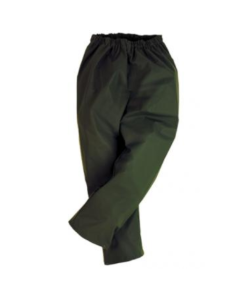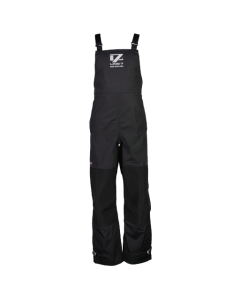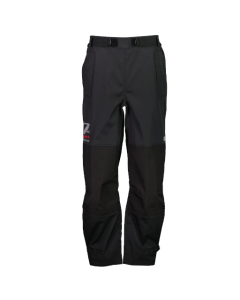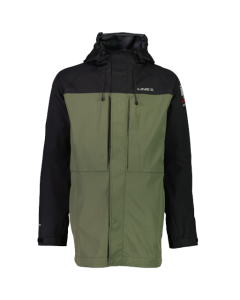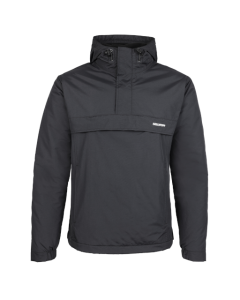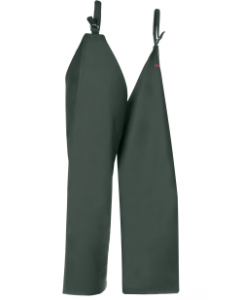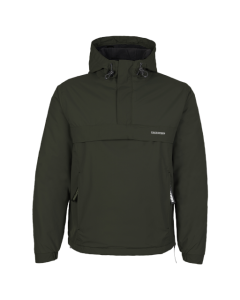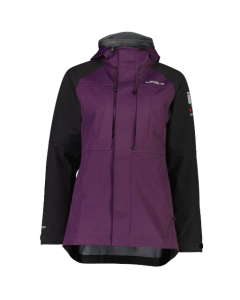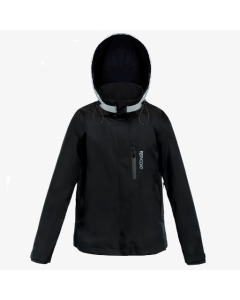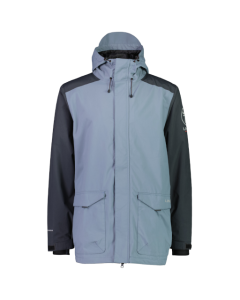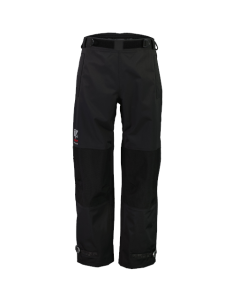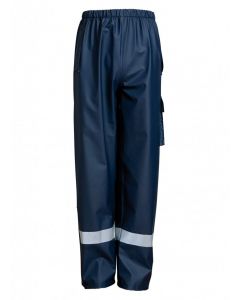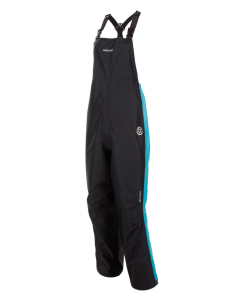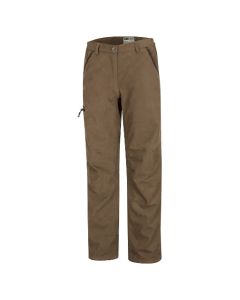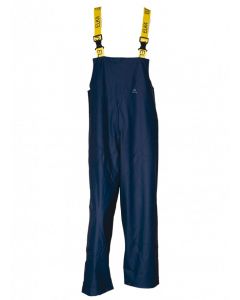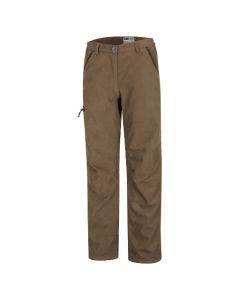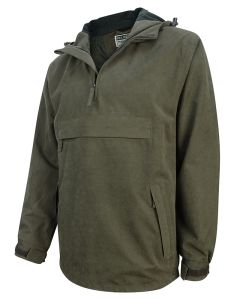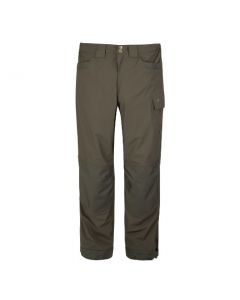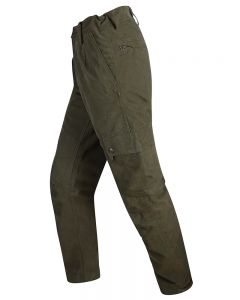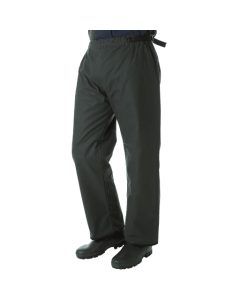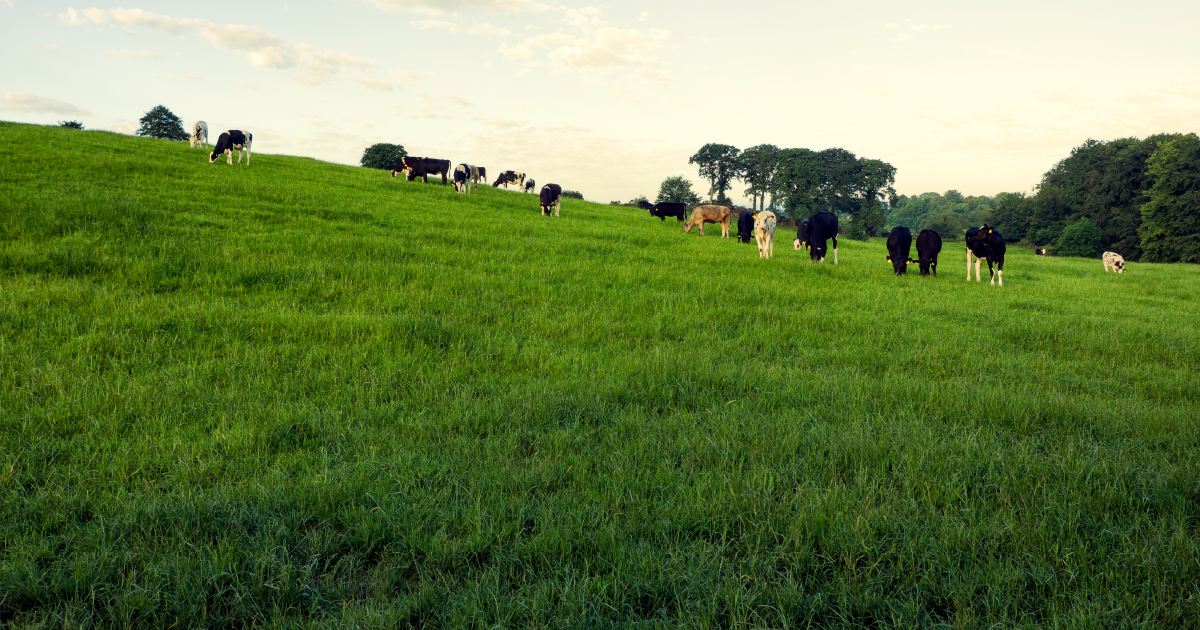The Best Waterproofs for Farmers
- By Eilis Toner
- 19 Dec 2024
- 0 Comments

Farming is one of the most demanding jobs in the world, and it’s not hard to see why. Whether battling extreme weather, enduring long hours, or navigating hazardous conditions, farmers must keep working.
In these relentless environments, proper clothing isn’t just a convenience—it’s a necessity. Reliable gear keeps farmers warm, dry, and comfortable, enabling them to push through even the harshest conditions. Here’s why investing in the right clothing is essential for those out handling the hostile weather through the long hours.
Why Farmers Need High-Quality Waterproof Clothing
Heavy rain turns the ground into slippery mud, making work both uncomfortable and risky. High-quality waterproofs prevent mud from soaking in, keeping farmers dry and reduces the constant washing of clothes. Wellies with tough grip give extra purchase to help prevent slips and falls.
Harsh winds and cold sap body heat quickly, increasing discomfort and health risks like hypothermia and joint pain. Insulated, wind-resistant waterproofs with features like storm flaps and fleece linings provide vital protection. They ensure warmth and safety during long hours outdoors.
Types of Waterproof Clothin
Waterproof Jackets and Smocks
Jackets: Waterproof jackets are staples in a farmer's wardrobe. Finding one that is durable, breathable, and warm is important with just how long farmers may spend out in the cold. Light jackets that are fully waterproof are great options. They let you move freely while keeping the rain out, such as the flexothane jackets.
Smocks: These can be more flexible and comfortable for some. Smocks are a good item to have to change between. With the lack of zips and openings, it can keep the rain out better while keeping the warmth in, such as the Ridgeline Monsoon Smock.
Waterproof Trousers, Bib’s and Overall
Trousers, bibs and overalls are essential in keeping your lower body protected and warm during rainy conditions. designed to keep your legs dry when trudging through fields and kneeling on muddy ground. The Line 7 Territory storm bib has an adjustable brace and cuff adjuster for a custom fit. It also features reflective branding, and nylon anti-scruff patches on the knee to help protect against wear and tear.
Waterproof Boots
Outfits are only complete with a good pair of boots! These are critical in maintaining comfort and productivity while working on the farm. Wet and cold feet can lead to blisters and other serious conditions, therefore having boots you can trust is essential.
Rubber and Neoprene are popular materials for boots as they provide flexibility and are extremely waterproof. Boots such as the Bekina Steplite X boots are an excellent option as they also have high-grip soles that maintain balance on muddy grounds, keeping you safe while working.
Essential Features of the Best Waterproofs for Farming
- Waterproof and Breathable Fabrics: Keep rain and mud out while allowing sweat to evaporate, ensuring comfort and reducing the risk of skin irritation or chills from trapped moisture.
- Durability and Longevity: Tough fabrics withstand long hours and challenging conditions, with reinforced areas like knees and elbows to prevent wear and tear.
- Comfort and Fit: Ergonomic designs with flexible fabrics and adjustable features allows Farmers to move freely. This means you can stay comfortable through demanding tasks.
- Weather Resistance: Fabric choice and design features should shield against harsh winds and biting cold, helping farmers stay warm and protected during extended periods of outdoor work
- Additional Features: Features like reflective details increase safety for farmers often working in the dark of early mornings or late nights. Adjustable cuffs and hoods ensure comfort and functionality, keeping bulking fabric out of the way or ensuring no water can seep through.
Tips for Choosing the Right Waterproof Clothing
Choosing the right waterproof for the job relies on a number of factors. For example, the climate and type of farmland may dictate whether you prefer insulation, or a high waterproof rating. You should consider the tasks you do on the farm. For example, working with livestock may require a more durable waterproof option.
Caring for the waterproofs you have chosen is also important when it comes to saving hassle and money. Caring for waterproofs involves regular cleaning to remove dirt and debris, which can compromise the fabric’s performance. Reproofing with specialized products maintains the waterproof rating, making sure the gear remains effective and durable in harsh conditions.
In Conclusion
Farming demands resilience, determination, and the right gear to endure the challenges of harsh weather and grueling work conditions. Investing in high-quality waterproof clothing is not just a matter of comfort but a necessity for safety, productivity, and long-term health. From durable jackets and trousers to reliable wellies and thoughtfully designed features, the best waterproofs equip farmers to face the elements head-on. By choosing the right gear for their needs and maintaining it properly, farmers can ensure their clothing stands up to the demands of the job.

